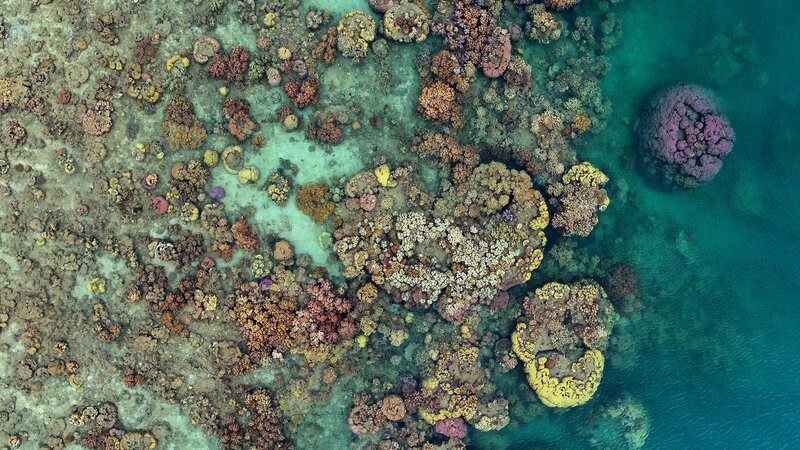Responses: 1
Reefs are resilient and always building while parts are dying, the question is when will we stop contributing to their death? SGT Mary G.
(1)
(0)
SGT Mary G.
Good question, Maj Kim Patterson! I agree about that being the issue. I didn't know about reefs being resilient in that way. Good to know.
(1)
(0)
Read This Next



 Oceanography
Oceanography Climate Change
Climate Change


